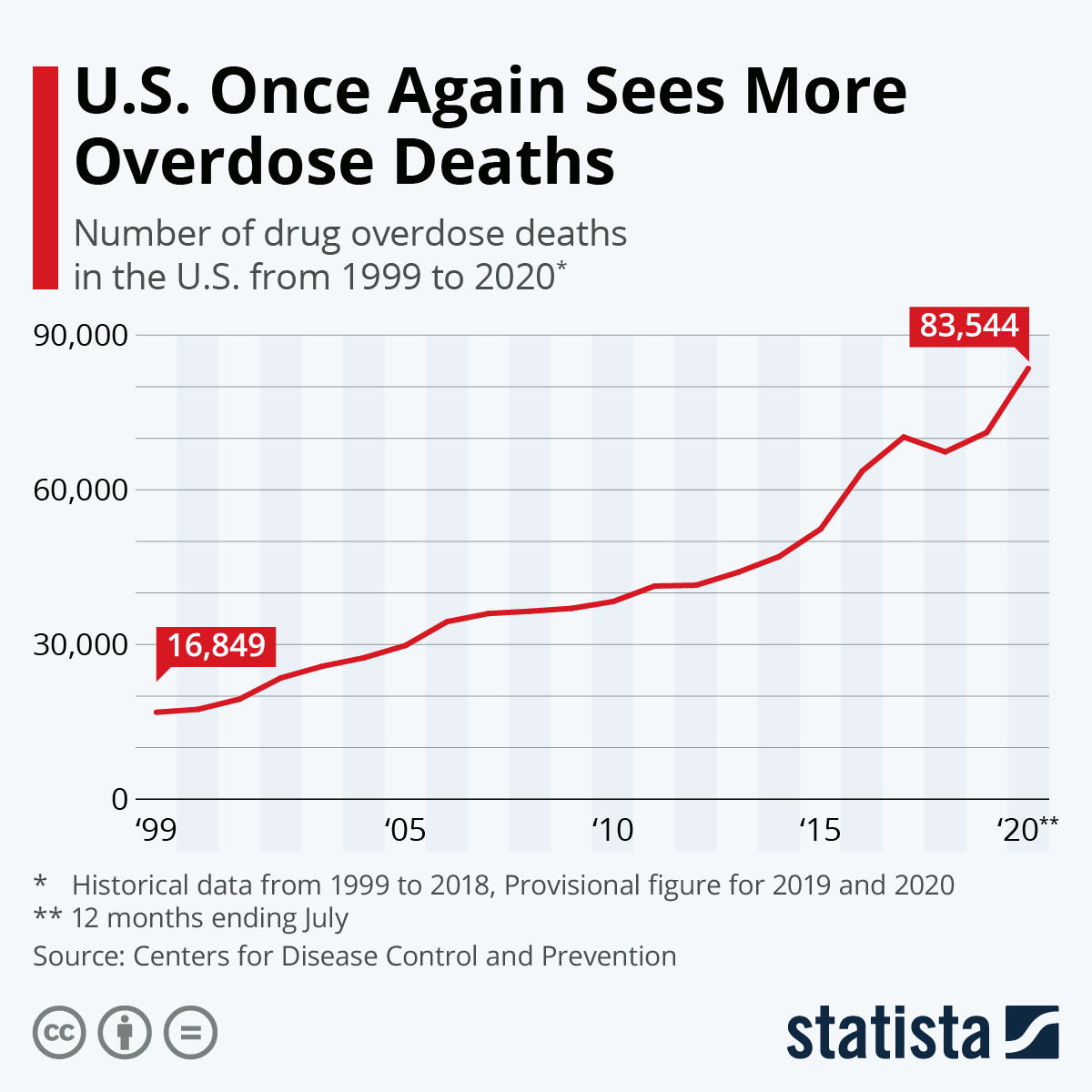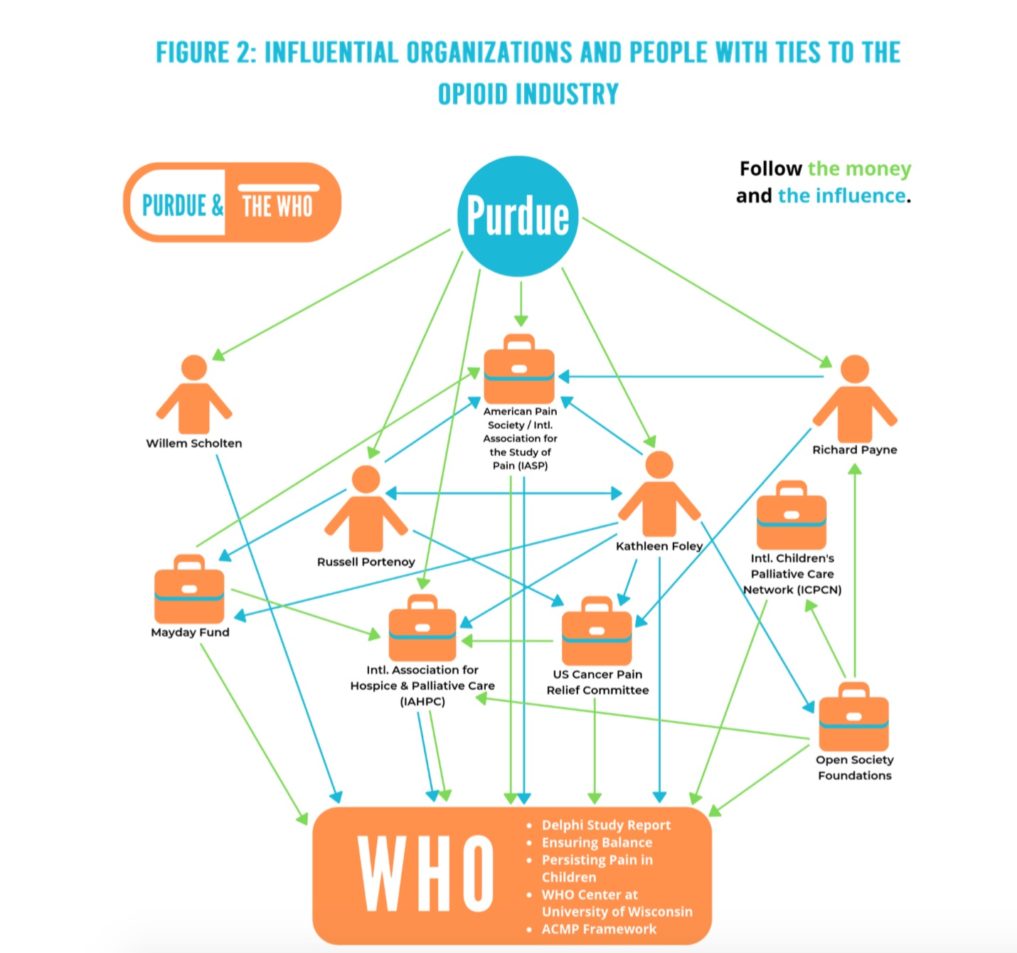Going down the wrong path
Why I openly question the "New Normal" or "New life style"
Big Pharma settles down in the WHO
opioid overdoses make up around 70 percent of all overdose deaths in the U.S

Further reading
Who's funding WHO?, BMJ , 2007, 334:338
Narcotic and psychotropic drugs achieving balance in national opioids control policy guidelines for assessment. World Health Organization
In 2017, several members of Congress sent a letter to the World Health Organization (WHO) warning that Purdue Pharma L.P. (Purdue) was attempting to expand their drug sales to international markets using the same fraudulent marketing tactics that instigated the opioid crisis in the United States. We expressed our concern that Purdue's expansion could trigger an opioid crisis on a global scale. When the WHO failed to respond to the letter, we began to question why they would remain silent about such a significant and devastating public health epidemic. The answers we found are deeply disturbing.
Why did WHO remain silent?
The WHO remained silent because,
since 2000, it had been busy
developing Guidance Documents
that
encourage governments to achieve better pain management by identifying and overcoming regulatory barriers to opioid availability.
In other words, WHO had been playing a pivotal, aggressive, and long-term role to influence physicians beyond the U.S. to expand their opioid prescribing.
The WHO remained silent because it had, through patient support groups, been receiving Big Pharma funding since 1999, collecting the input of organizations allied to Big Pharma for its guidelines, thereby ensuring a pro-opioid industry bias to its reports.

As the Congressional report puts it,
We know that one key to Purdue’s (and the entire opioid industry’s) success in the United States was their strategy of funding organizations, people, and research that promoted the company’s marketing goals. We have discovered that many of these same actors are directly affiliated with the work of the WHO.”